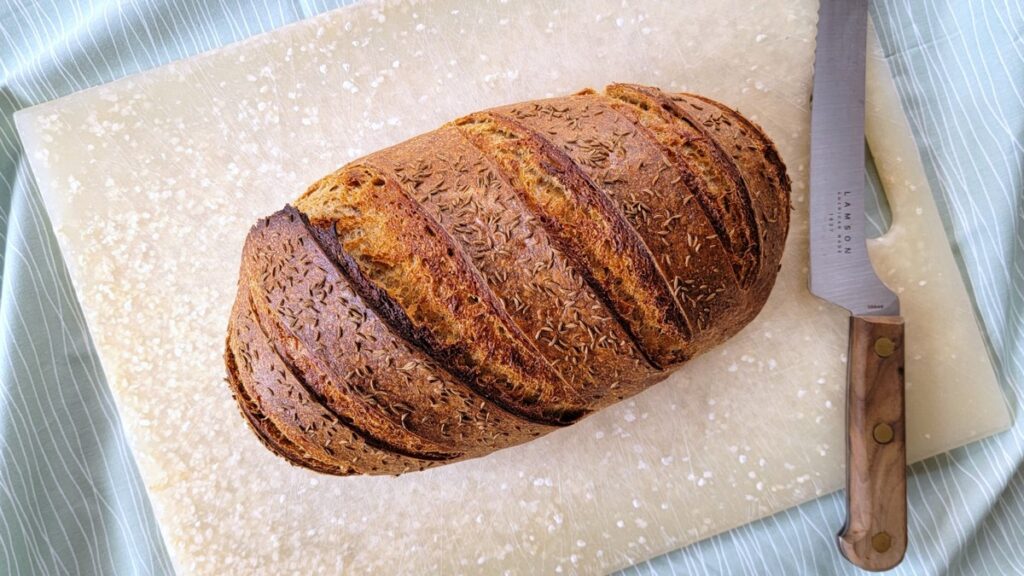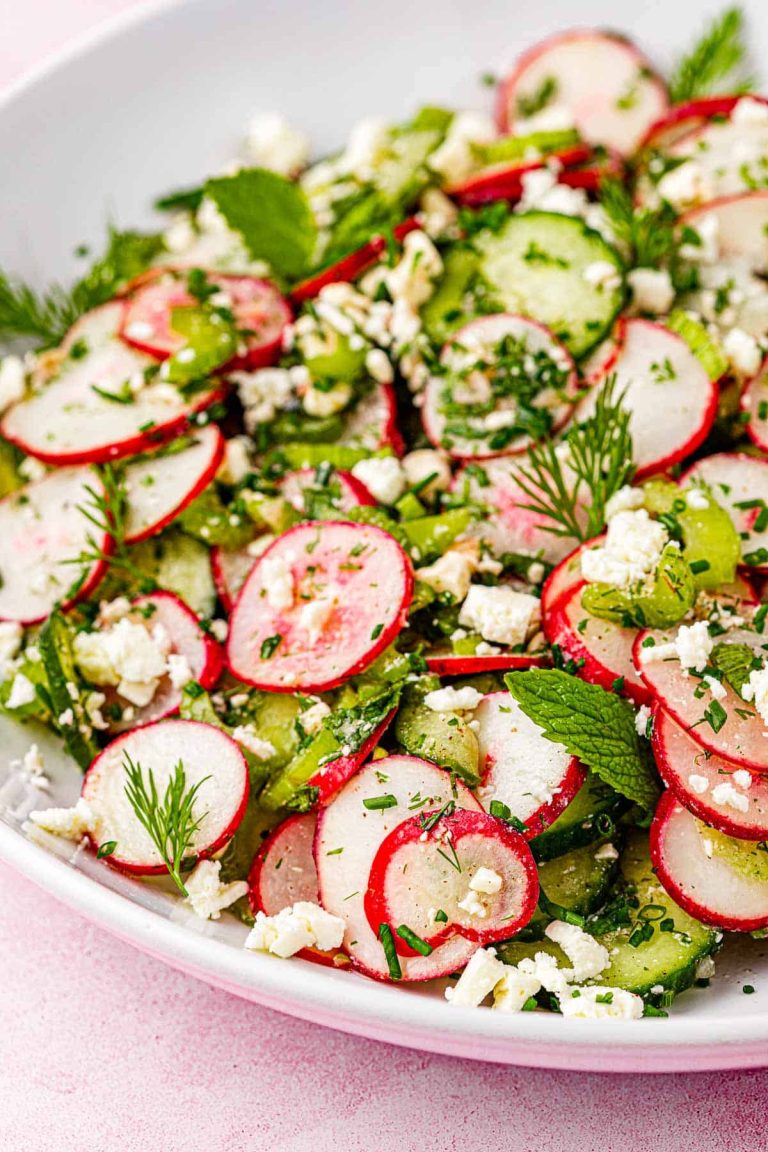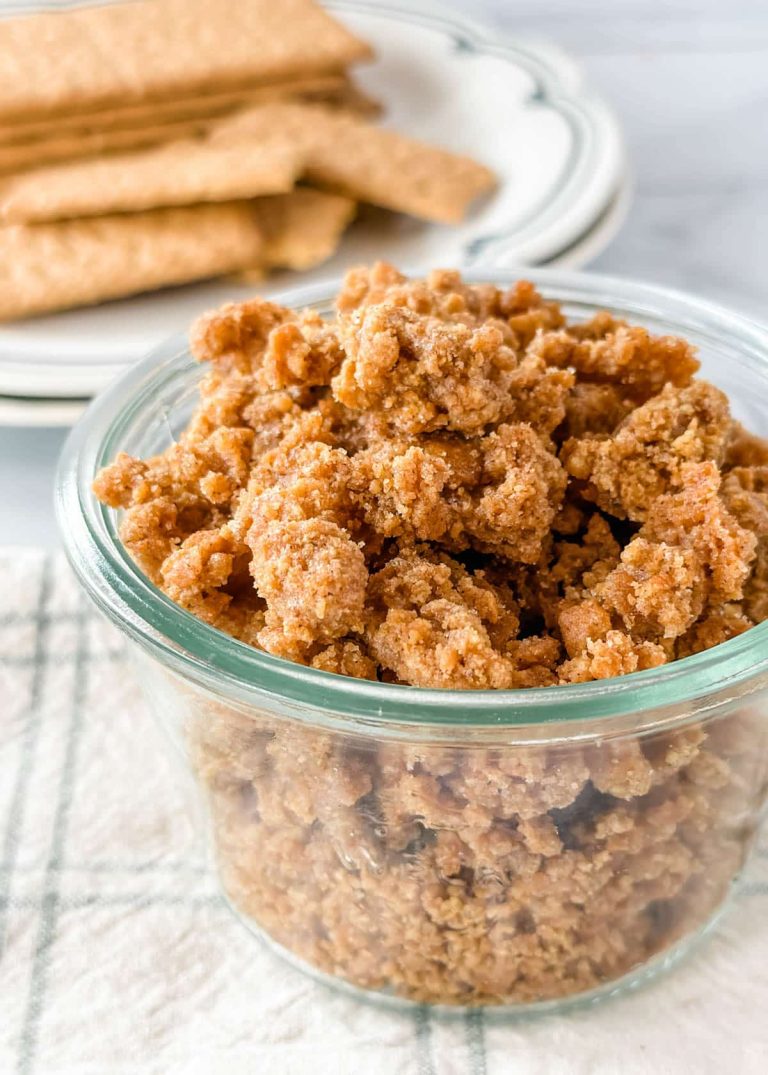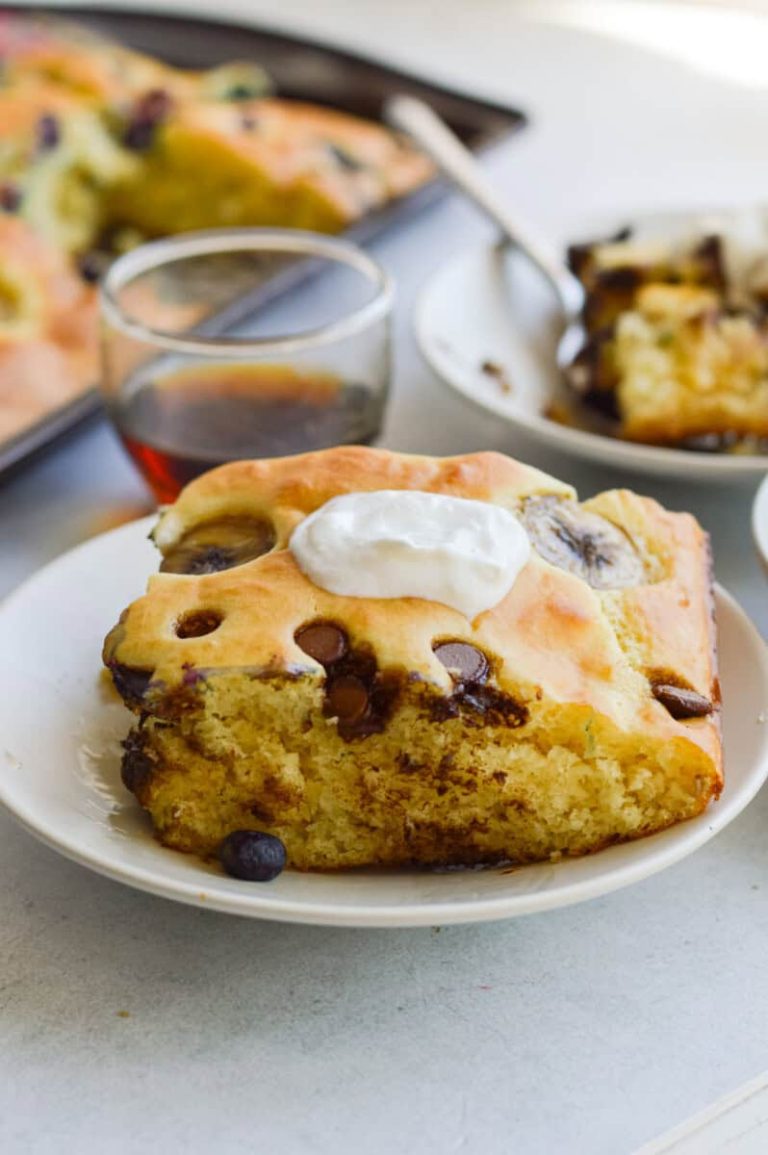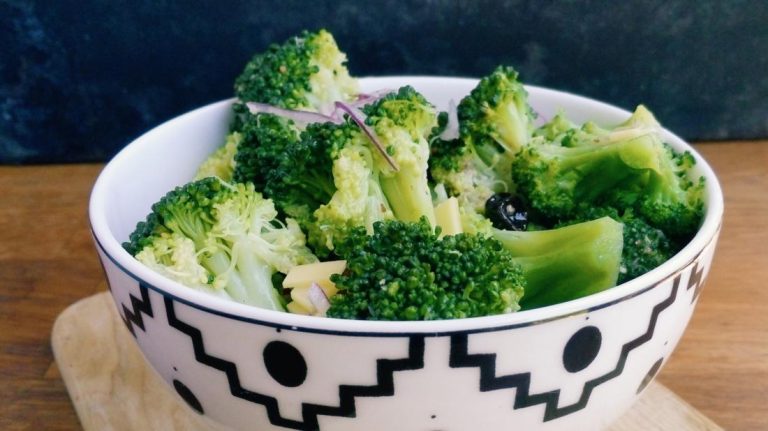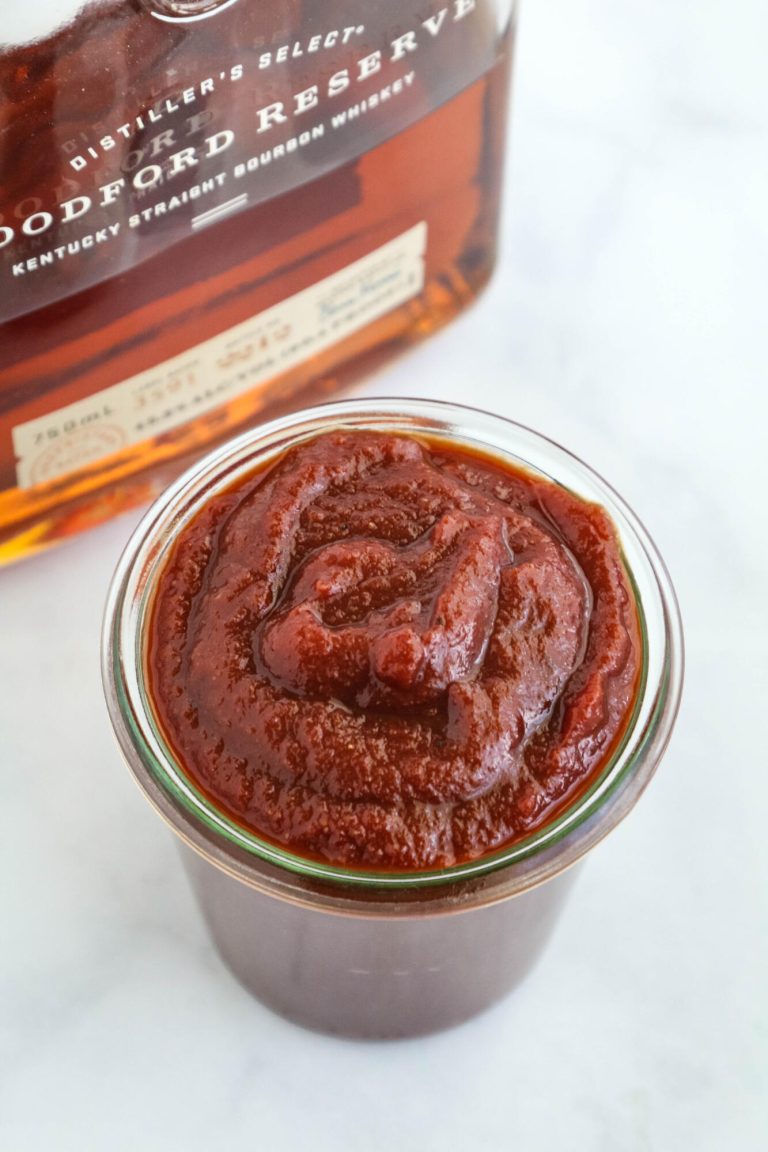NY Jewish Rye Bread: Origins, Benefits, and Where to Buy
NY Jewish rye bread originates from Eastern European Jewish communities that immigrated to New York during the late 19th and early 20th centuries. These immigrants brought their bread-making traditions, which included the use of rye flour due to its availability and adaptability to the colder climates of Europe. Rye bread became a staple in Jewish diets, often served during Sabbath meals. The adaptation of these age-old recipes to New York’s available ingredients resulted in a distinct flavor profile that encapsulates the cultural heritage of Jewish immigrants.
Recipe Evolution Over Time
Initially, traditional rye bread recipes included a high proportion of rye flour, creating a dense, dark loaf with a pronounced tangy flavor. In the New York setting, bakers began blending rye flour with wheat flour, producing a lighter, more palatable texture. The incorporation of caraway seeds added a unique aromatic quality, differentiating NY Jewish rye bread from other rye breads. Over the decades, minor adjustments in baking techniques—such as the use of steam ovens—have further refined its taste and texture. This evolution has ensured the bread remains a beloved staple while retaining its authentic roots.
Key Ingredients of Real NY Jewish Rye Bread
The Importance of Rye Flour
Rye flour is the cornerstone of NY Jewish rye bread, giving it a distinctive taste and texture. Unlike wheat flour, rye contains less gluten, resulting in a denser, chewier loaf. Traditional recipes often combine rye flour with wheat flour to achieve a balanced texture. Rye’s unique properties contribute to the bread’s tangy flavor, which many people find reminiscent of old-world European traditions.
Caraway Seeds and Their Distinctive Flavor
Caraway seeds lend an unmistakable aroma and taste to NY Jewish rye bread. These tiny seeds pack a punch, imparting a slightly sweet, peppery flavor with hints of citrus and anise. Caraway seeds not only enhance the bread’s taste but also its visual appeal, speckling each slice with tiny, dark seeds. This ingredient is essential for achieving the authentic flavor profile that sets NY Jewish rye bread apart from other types.
The Baking Process
Techniques for Achieving the Perfect Crust
Achieving the perfect crust in NY Jewish rye bread involves a few key techniques. First, preheat your oven to at least 450°F. High temperatures create steam, giving the bread a crisp, golden crust. Use a baking stone, if possible, to evenly distribute heat.
Brush water on the dough surface before placing it in the oven. This moisture helps develop a shiny, crackly crust. For professional results, consider using a steam injection method. If you don’t have a steam injector, try placing a pan of water in the oven to create steam.
Score the bread surface with a sharp knife. These slashes allow the dough to expand without splitting, leading to a controlled rise. Generally, make 3-4 clean, shallow cuts on the loaf top.
The Role of Sourdough Starter
Sourdough starter plays a crucial role in NY Jewish rye bread. It acts as a natural leavening agent, providing both flavor and texture. The starter consists of flour and water, fermented by wild yeast and bacteria, creating lactic acid and acetic acid.
Use a mature sourdough starter for the best results. Maintain the starter by feeding it regularly with equal parts flour and water. A well-fed starter ensures a consistent rise.
Incorporate the sourdough starter into the dough, mixing it with the rye and wheat flours, water, and other ingredients. The starter’s acidity contributes to the bread’s tangy flavor and chewy texture, integral to authentic NY Jewish rye bread. Keep in mind that a longer fermentation period can intensify these flavors, offering a richer taste profile.
Health Benefits of Eating Real NY Jewish Rye Bread
Nutritional Components
Real NY Jewish rye bread offers substantial nutritional benefits. It contains essential nutrients like fiber, vitamins, and minerals. Rye flour provides higher fiber content compared to wheat flour, promoting digestive health and aiding in weight management. An average slice of rye bread contains about 2 grams of fiber, contributing to 8% of the daily recommended intake for adults. Additionally, rye bread is rich in B vitamins, particularly B6 and folate, which support energy production and cellular function. Key minerals present in rye bread include iron, magnesium, and manganese, each playing a vital role in various bodily functions such as oxygen transport, muscle function, and bone health.
Benefits of Sourdough Fermentation
The sourdough fermentation process used in NY Jewish rye bread enhances both flavor and health benefits. Sourdough starters naturally leaven the bread and improve its digestibility by breaking down gluten and phytic acid. This makes the nutrients in rye bread more bioavailable. Sourdough fermentation lowers the bread’s glycemic index, contributing to better blood sugar control. Studies show that sourdough bread consumption may lead to reduced postprandial blood glucose and insulin responses, benefiting individuals managing diabetes. Moreover, sourdough fermentation can increase the levels of antioxidants, which help protect your cells from damage and inflammation.
Where to Find Authentic Real NY Jewish Rye Bread
Famous Bakeries in New York
When seeking authentic real NY Jewish rye bread, several renowned bakeries in New York stand out. Katz’s Delicatessen, established in 1888 on the Lower East Side, offers traditional rye bread paired famously with their pastrami sandwiches. Orwasher’s Bakery, founded in 1916 on the Upper East Side, is celebrated for its iconic rye bread, made using age-old techniques and flavorful caraway seeds. Another staple, Russ & Daughters, serves a wide variety of Jewish baked goods, including the sought-after rye bread, ensuring an authentic taste experience with every bite.
Finding Authenticity in Your Local Area
If traveling to New York isn’t feasible, you can still find authentic NY Jewish rye bread in your locale. Start by exploring Jewish delis and bakeries known for using traditional recipes and sourdough starters. Farmers’ markets often feature artisanal bakers who may offer authentic rye bread. Some supermarkets carry specialty brands like Zabar’s and Eli’s Bread, both known for their adherence to traditional baking methods. Checking online marketplaces can also yield good results, with many New York-based bakeries offering nationwide shipping to ensure you enjoy this classic bread at home.
Conclusion
Real NY Jewish rye bread is more than just a loaf; it’s a piece of history and culture. Its unique flavor and texture, perfected over generations, make it a standout choice for bread lovers. Whether you’re enjoying it from a renowned New York bakery or finding a local gem, savoring authentic rye bread brings you closer to a rich culinary tradition. So next time you’re craving that perfect slice, remember the heritage and craftsmanship that go into every bite. Happy bread hunting!
